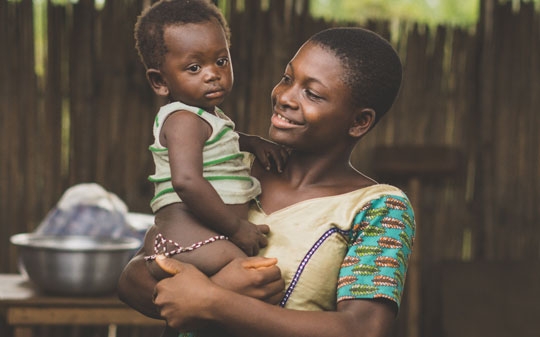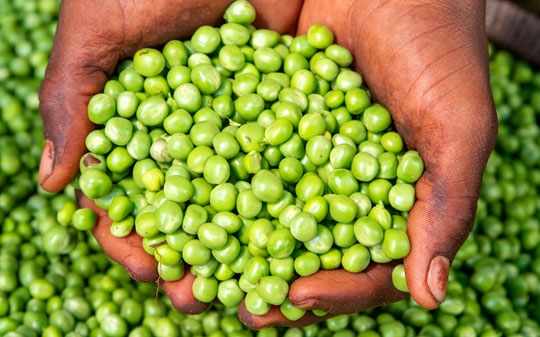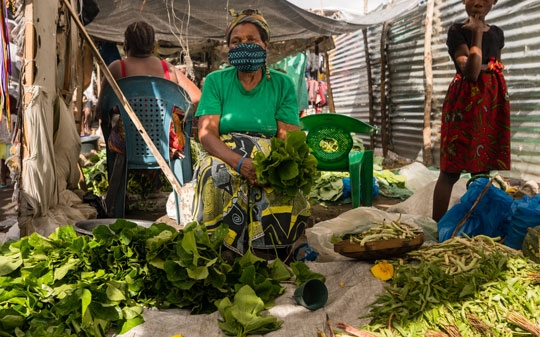1. Marketplace for Nutritious Foods (MNF) Programme
Implemented in Mozambique, Kenya, Rwanda, and Tanzania from 2013 to 2020, GAIN’s Marketplace for Nutritious Foods Programme focused on supporting SMEs in nutritious food value chains to develop profitable business models and sustainably bring nutritious and safe foods to markets. The Marketplace’s two-pronged approach supports a broad network of stakeholders with information and knowledge, through the “Community of Practice”, while targeted technical and financial support offers promising, innovative enterprises through the “Innovation Accelerator”.
Achievements
- 92,000,000 servings of nutritious foods produced by SMEs, estimated to have reached more than 1 million people.
- SMEs reported US 1.6 million of private sector investment in nutrition.
- Over 100 knowledge and learning (community of practice) events of 2,265 participants were organised.
- 400 SMEs received business development services where 101 companies received tailored technical support in product development and formulation, marketing, business planning.
- 218 SMEs reported improved technology and management practices. Moreover,
- 15 companies have increased profit since receiving support from GAIN.























